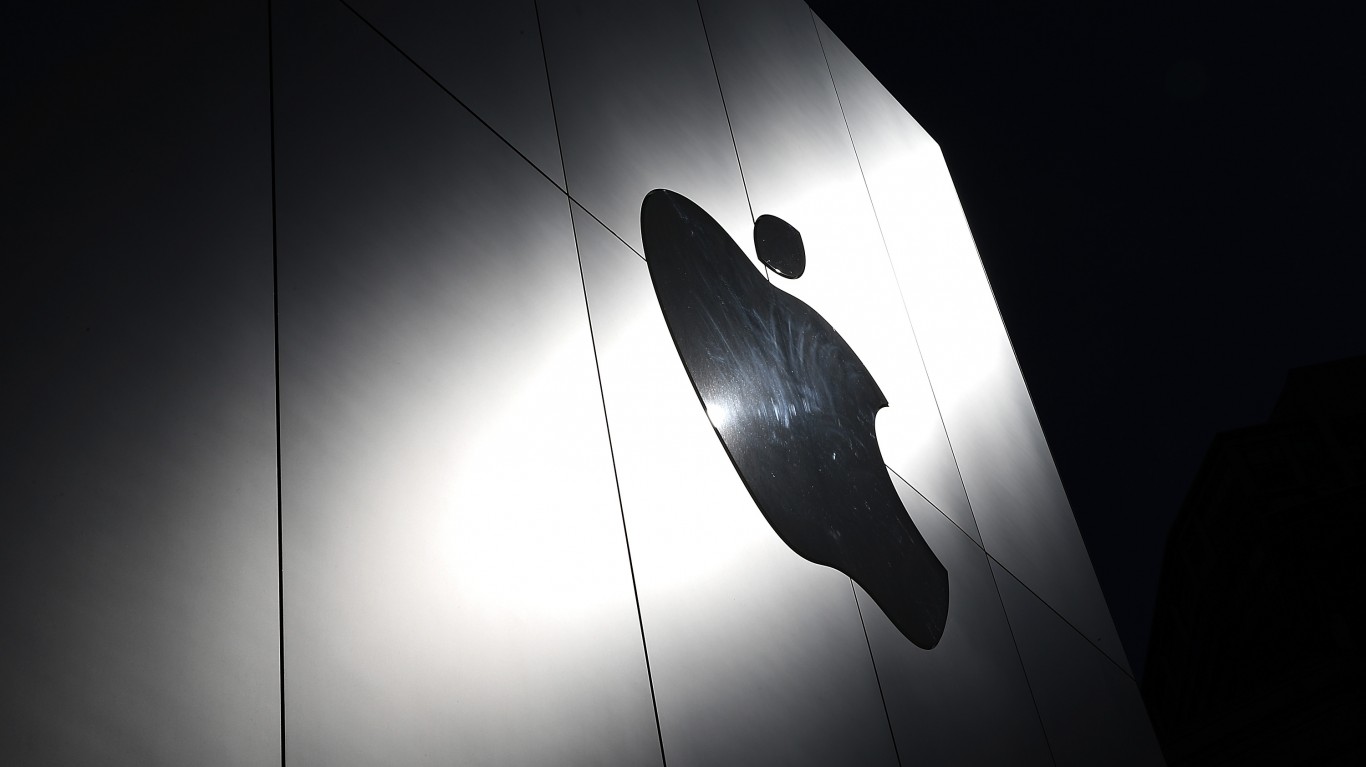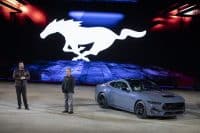
More reports are leaking out that Apple Inc. (NASDAQ: AAPL) is about to announce plans for an Apple Car. The latest, posted Wednesday morning on a South Korean website (DongA.com), claims that Apple and Hyundai’s Kia division will sign an agreement on or near February 17 that will commit Apple to investing $3.6 billion in a plant to build the cars.
The Korean news story does not provide any sources for its report, but the fact that it is even thinkable is enough to spill a lot of pixels over. The plant likely would be located at or near Kia’s plant in West Point, Georgia, and, according to the report, would target production of 100,000 vehicles beginning in 2024, with production ultimately reaching 400,000 units.
Apple first launched an automotive program called Project Titan in 2014 to develop an electric vehicle (EV) of its own design. After narrowing its focus to the software needed to produce a vehicle, the company in 2019 fired some 190 people, but it did not shut down the project.
According to a Reuters report from late December, Apple had decided to seek partners for some major components of a self-driving EV, such as the lidar sensors, while developing its own battery technology.
The chatter about Apple designing and building its own car began in January with a report that Hon Hai Precision Technology (aka Foxconn), the Taiwan-based manufacturer of Apple’s iPhone, would build the Apple Car.
By mid-January, Hyundai’s Kia division was identified as a potential manufacturing partner for the Apple Car.
Last week, long-time Apple senior vice president of hardware engineering, Dan Riccio, stepped down to a new title, vice-president of engineering, and one of the projects he has been rumored to be charged with is Apple Car.
On Tuesday, TF securities analyst Ming-Chi Kuo said in a note to investors that Apple will work with Hyundai on the first model of an Apple Car that will be built in the United States by General Motors and in Europe by Peugeot. The article cites Kuo: “Apple’s deep collaboration with current automakers (Hyundai Group, GM, and PSA) who have extensive development, production, and qualification experience will significantly shorten the Apple Car development time and create a time-to-market advantage.”
That brings us to today’s report. If the Korean report is accurate, Apple will need to make an investment decision soon if it wants to deliver 100,000 EVs by 2024. Tesla shipped its first Roadsters in 2012 and did not ship an annual total of 100,000 vehicles until 2017. In 2020, Tesla shipped just under 500,000 units from two plants, one in China and one in California.
It is possible to remain skeptical of the whole Apple Car idea. There’s no question that Apple has one of the world’s strongest brands and that extending that brand into EVs that eventually will be self-driving and more like a living room on wheels than a car could pay off handsomely. Whether Apple has enough arrows in its quiver to disrupt an industry where Tesla has a 10-year head start is the big question.
Are You Ahead, or Behind on Retirement? (sponsor)
If you’re one of the over 4 Million Americans set to retire this year, you may want to pay attention.
Finding a financial advisor who puts your interest first can be the difference between a rich retirement and barely getting by, and today it’s easier than ever. SmartAsset’s free tool matches you with up to three fiduciary financial advisors that serve your area in minutes. Each advisor has been carefully vetted, and must act in your best interests. Start your search now.
Don’t waste another minute; get started right here and help your retirement dreams become a retirement reality.
Thank you for reading! Have some feedback for us?
Contact the 24/7 Wall St. editorial team.




